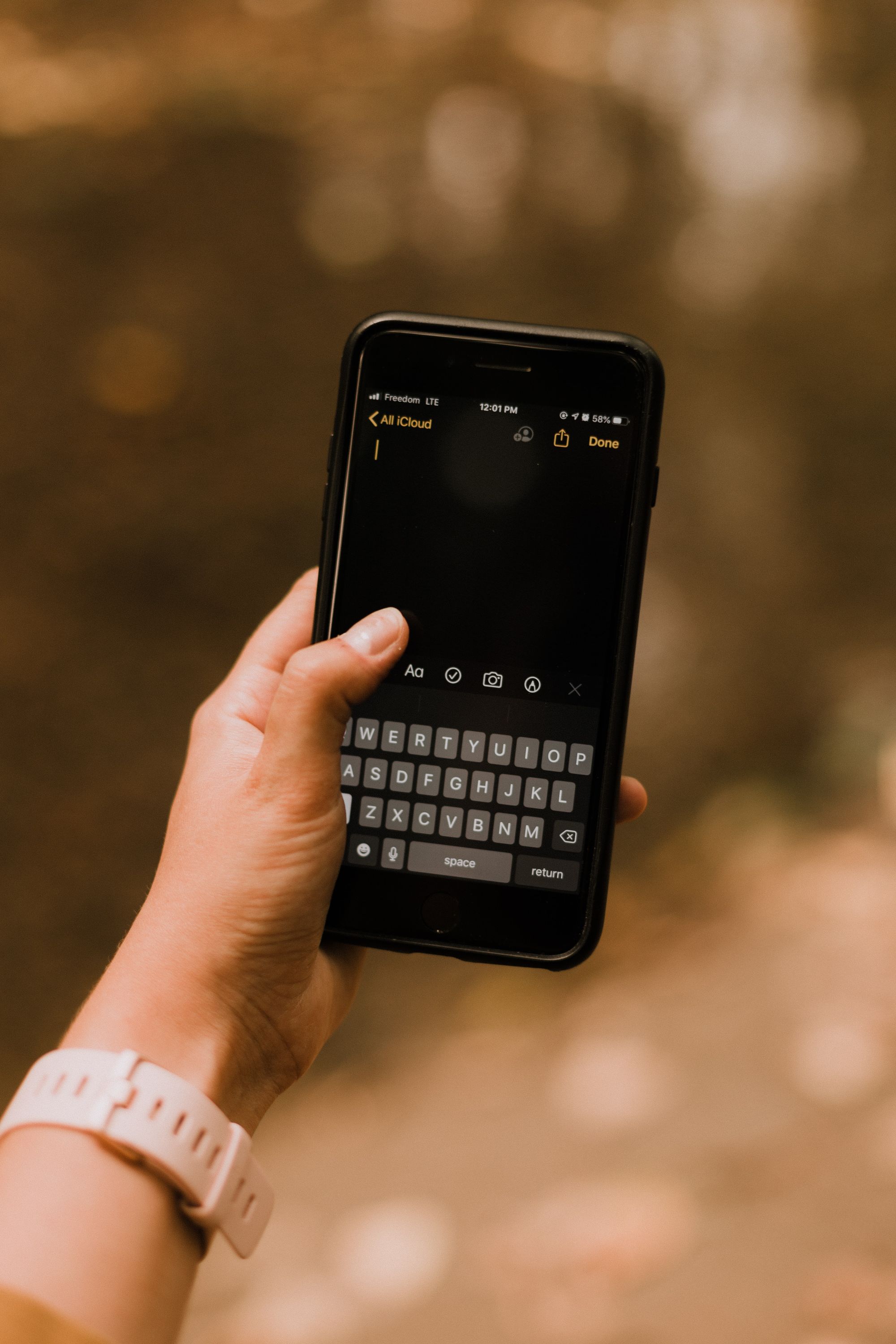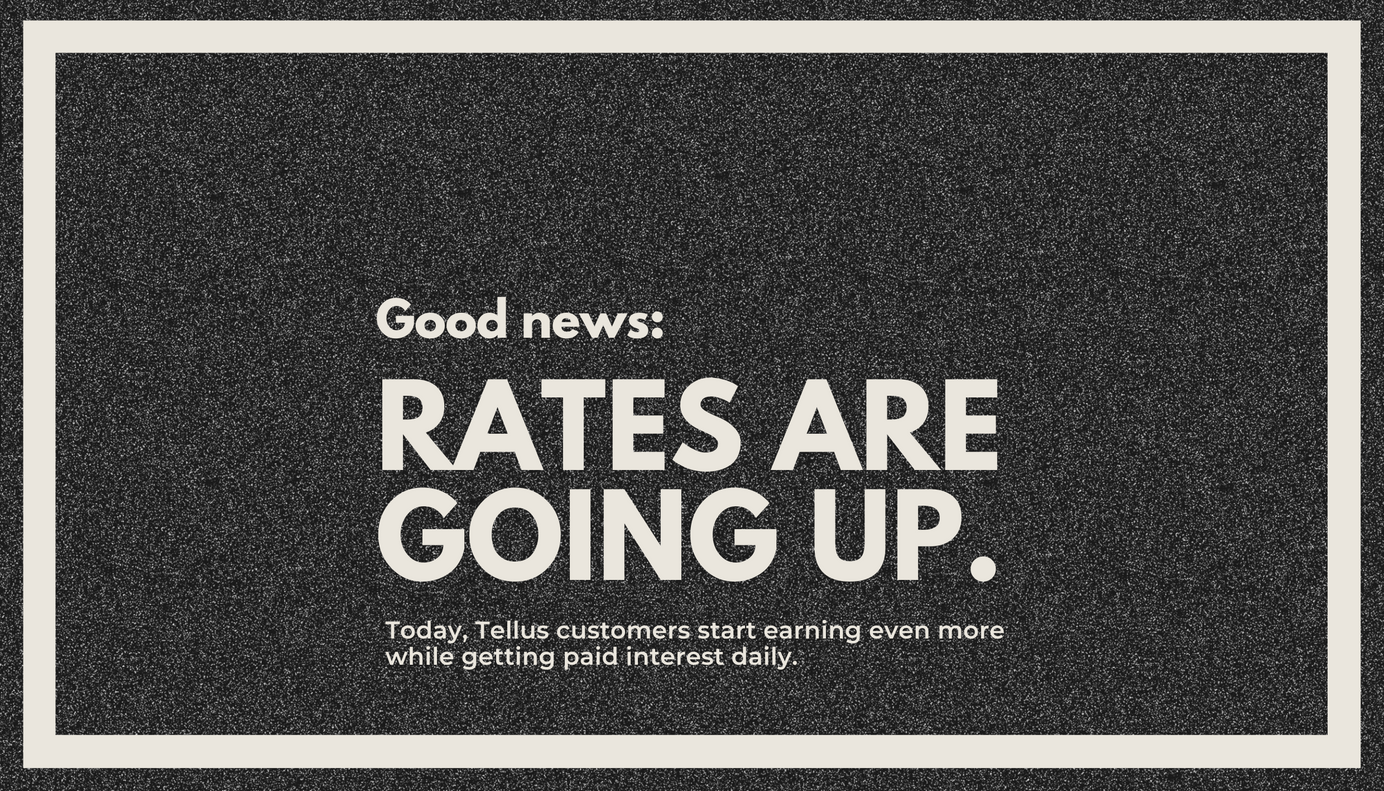
Confessions of a Shopaholic: Impulse Buying
For every online retail shop, encouraging customers to buy on impulse is a tried and true practice. Use these six concrete tips to help you combat those urges and save more.
For every online retail shop, encouraging customers to buy on impulse is a tried and true practice. Use these six concrete tips to help you combat those urges and save more.
Have you ever bought something in the spur of the moment, only to use it once and forget about it entirely? Like Rebecca Bloomwood from the film “Confessions of a Shopaholic,” at some point, you may have succumbed to that fleeting desire of owning something that did not add significant value to your life. Remember: the enemy of simplicity and monthly budgeting is impulse buying. During the COVID-19 pandemic, consumers are shopping more impulsively than before. Now more than ever, we must become extra mindful of our expenses.
Prior to the pandemic, Americans were spending about $155 each month on impulse purchases. During the pandemic, this number increased by 18%, jumping to an average of $183 expenditures per month. While that may seem like a measly sum of money, when you add it all up, that’s a whopping $2,196 of extra expenses each year!
However, as incredibly difficult as it may be to overcome these urges, there is no need to fear; there are steps you can take to enable yourself to buy less and build your wealth. Henry David Thoreau said it best, “I make myself rich by making my wants few.”
What is Impulse Buying?
Impulse buying refers to the act of “buying goods without planning in advance or spur of the moment purchasing.” The item you purchase could be anything, but it is typically something that is “nonessential”. Impulse buying can be fun -- at least in the moment! Whether it's on clothes, cooking gadgets, or tech gear, we all have items we like to splurge on. While the occasional impulse buy doesn’t necessarily mean the end of your financial freedom, making a habit of indulging in momentary desires can be problematic.
Here are six concrete steps you can take to help you combat those urges and save more.
1) Create a 30-Day List
Set a new rule for yourself by exercising a 30-day waiting period before buying anything outside of the necessities. Create a list of these nonessential items; when you have a sudden urge to purchase such an item, put it on the list along with the date. If you still want it, allow yourself to buy that item only after waiting a month’s time. The more likely scenario is that the urge to buy will have subsided by then, at which point you can give yourself a pat on the back and erase that item from your list.
2) Don’t Window Shop
Why tempt yourself? You only get the impulse to buy something if you’re perusing your favorite online retail sites or window shopping at the mall. To prevent this urge from the onset means forgoing window shopping altogether. Only visit a site or go to a brick and mortar store that has specific, essential items you need. Creating a list helps. Do not buy anything that is not on your list: get in and get out. Try not to walk around or leisurely browse through a store without the specific intent to purchase essential items. You will only allow temptation to settle in.

3) Calculate the Value
Have your hourly wage in mind and always keep that number handy so that the next time you want to purchase something, divide the price of the item by your hourly wage. This will tell you how many hours of your life you had to spend in order to buy that item (pre-tax!). Imagine if your hourly wage is $20 and you spent $120 for a pair of shoes, but only ended up wearing it twice. You’d then be spending $60 per use, which is equivalent to 3 hours of your life. By putting this step into practice you are allowing yourself to consider whether you truly want to exchange those hours of your life for that ite
4) Plan Ahead
It is important to make a list before you go shopping -- it can be as simple as putting a note in your phone. By making this a habit, you will become more deliberate in your purchases while eliminating a lot of little impulse buys. When you plan more prior to purchasing your items, it increases your chance of finding discounts. This could be really useful when you need to buy birthday gifts, Christmas gifts, and other large purchases.

5) Ask Questions
Before committing yourself to that purchase, ask yourself a series of questions. Do you anticipate the purchase making you feel better? Will this item improve your life in some measurable way? Have you taken into account opportunity cost? Does it help you accomplish your life goals? Will it help simplify your life? Asking these questions will not only help you evaluate the value of a purchase but also help you understand why you’re making it.
6) Keep the End in Mind
Having clear goals at all times is incredibly useful. What are your financial goals, both long-term and short-term? What are some of your life goals? Reminding yourself of your goals will help you take into account how this purchase will impact the future you.
Conclusion
Becoming more conscious of your purchases and managing your impulse shopping habits has many benefits. Not only will you spend less time on transient desires, you will also be left with less clutter around your house. But most importantly, you’ll be one step closer to achieving your ultimate financial goals -- whether they include retiring early, passing down generational wealth, and/or making a down payment on your first house. At Tellus, we want to help you maximize your income and help you build your wealth. Tackling these urges may be just the place to start.








